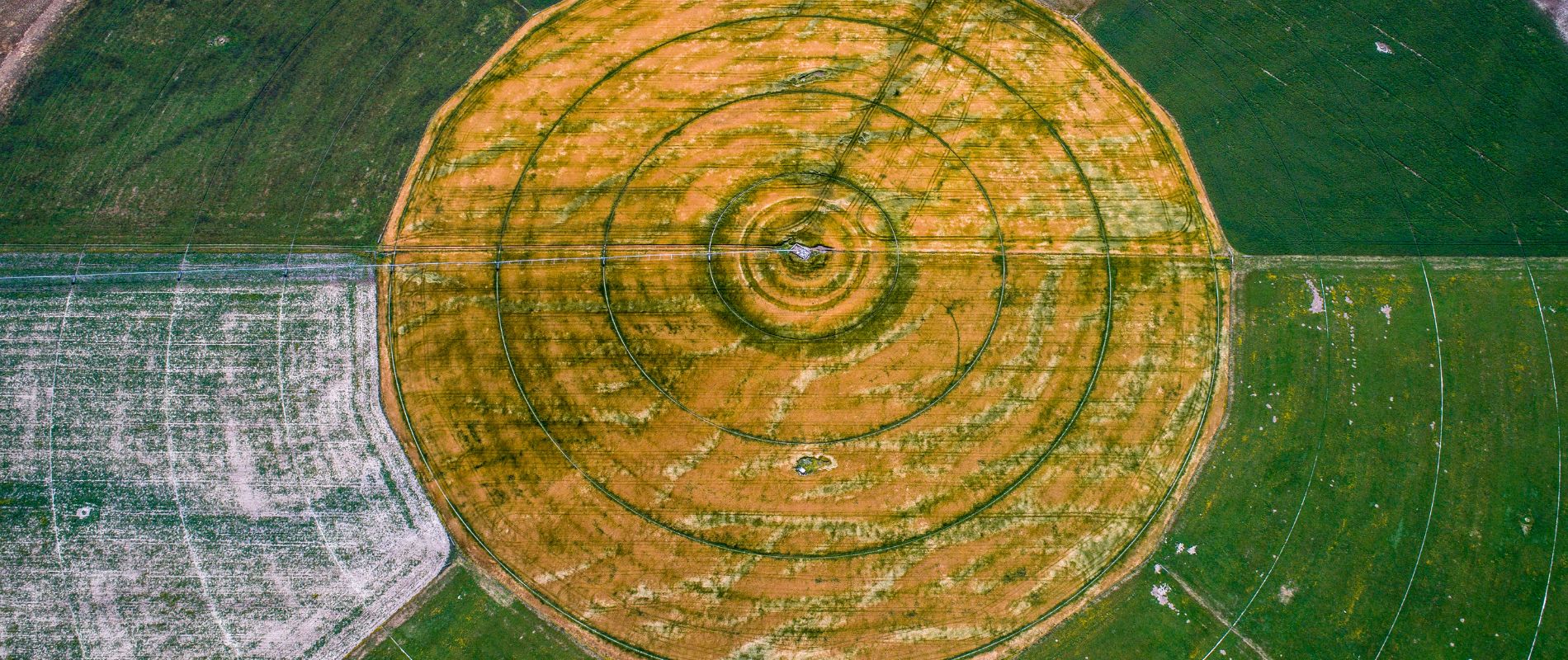The first quarter of 2024 has been a busy period for the Agrifood Innovation Institute (AFII) team as we have transitioned from the Centre for Entrepreneurial Agri-Technology (CEAT), taking on a new name, scope and set of strategic priorities. You can read more about our Strategic Plan 2024-28 here.
Earlier in March, AFII was pleased to host two visitors with detailed knowledge of the Israeli innovation ecosystem, Shifka Seigel and Sahar Shimon. As noted in an earlier Director’s message, for some time we have been developing a strategy for increased collaboration with a range of Israeli agrifood entities that share AFII’s goals. Building on our links with the Hebrew University in Jerusalem Center for Sustainable Food Systems, the visit by Shifka and Sahar provided a great opportunity for a wide spectrum of ANU researchers and business development staff to learn more about how entrepreneurialism and commercialisation takes place in Israeli universities. The visit was also an opportunity for ANU to showcase its capabilities in areas related to improving the sustainability of the agrifood and agroforestry domains, particularly through world-leading expertise in the Fenner School of Environment and Society, Research School of Biology, Australian Plant Phenomics Facility, Biological Data Sciences Institute and College of Engineering, Computing and Cybernetics. Shifka and Sahar also had an opportunity to learn more about how the Canberra Innovation Network is connecting innovation and entrepreneurship with science and research.
Shifka and Sahar’s visit to Canberra followed their visit to Perth for the 2024 instalment of AgriFutures evokeAG. AFII was a proud Strategic Partner of the event, with our support enabling several ANU undergraduate and postgraduate students to attend Asia-Pacific’s premier agrifood innovation event. The students came from a wide range of disciplines, including social science, economics, environmental science, and engineering. Most hadn’t considered the many and varied options for a career in agriculture. By attending evokeAG, each gained new insights into the complex nature of challenges facing the agrifood sector, and how their specific expertise could be used to address those challenges.
One of the headline sessions at evokeAG was a panel discussion about decarbonisation programs, with a focus on programs targeting supply chain scope 3 emissions. One of the contributors to the panel was AFII Board member Ben Fargher. Ben is Environmental Markets Lead (APAC) for Cargill – the largest privately owned food-systems company in the USA. During the panel discussion, he emphasised the importance of Cargill meeting its sustainability goals through investing in initiatives that reduce food supply chain emissions. These include schemes that provide growers with a financial incentive to adopt sustainable practices, with the outcomes being assessed using in-field data, remote sensing and modelling methods. Such initiatives highlight how multiple disciplines need to work together in order to reduce agrifood carbon emissions. Aligned with this need is the recently funded, UQ-led Zero Net Emissions Agriculture CRC of which ANU is a Tier 1 partner. Through the CRC, ANU looks forward to working with a range of industry partners to develop new approaches to quantify and reduce emissions from the agriculture sector.
Also at evokeAG were delegates from UK Research and Innovation, along with representatives of CSIRO and a range of Australian university and industry partners. In workshop meetings either side of evokeAG, groups funded by the UK-Australia Ao4AgroClimate programme outlined progress made since the program started in October 2023. For ANU, this includes a project with University of Sydney, Lincoln Institute of Agri-Food Technology (UK) and RAL-Space where we are looking at ways to scale hyperspectral reflectance predictions of complex physiological traits (e.g. photosynthetic capacity and nitrogen investment in photosynthesis) from the leaf level to canopy level. Such traits are important in determining nitrogen use efficiency (NUE) of field grown wheat – however, for breeders to create step changes in NUE, we need to move from leaf-level hyperspectral reflectance scans to drone and/or satellite predictions of canopy level photosynthetic capacity and leaf nitrogen content. Our project with the UK partners is a test of methods to achieve this goal.
The last month also saw Membrane Transporter Engineers (MTE – a member of our Agrifood Hub) lead, Professor Caitlin Byrt, awarded a prestigious Australian Research Council Mid-Career Industry Fellowship. Members of Caitlin’s lab were part of the team that won our 2020 H2O Hack event in November 2020. Based in the Research School of Biology, the MTE team are using their world-leading knowledge of plant transport proteins to design membranes capable of filtering agrifood and mining liquids in ways that harvest valuable elements. The focus of Caitlin’s Fellowship is – in partnership with Rio Tinto – to harvest rare earth elements from mining wastes. A wonderful example of how fundamental knowledge is being leveraged to address hugely important challenges facing industry.
March has also seen some changes to the AFII team. After being on maternity leave for a year, Mandy Nguyen has re-joined us as our Chief Operating Officer – it’s great to have her back. During Mandy’s absence, we were extremely lucky to have had support from Benjamin Bek as interim COO. Benjamin must have liked working for an ANU Innovation Institute, as he has recently accepted a role as Associate Director – Program Delivery at the ANU Institute for Space. We look forward to working with Benjamin on cross-Institute initiatives.
Finally, we still have some office space in our Agrifood Hub located at ANU. If you have a business with an agrifood focus that would benefit from unique access to ANU researchers and infrastructure to support your R&D and growth, please get in touch with the AFII team at [email protected]. We also welcome interest from businesses headquartered outside of Australia with an interest in being based at ANU, in our nation’s capital.
